.jpg)
Disadvantages of pellet feed. 1.Reduce eating time and create more boredom. 2.Reduce the amount of fiber the horse receives. 3.Increased feed cost due to pelleting process
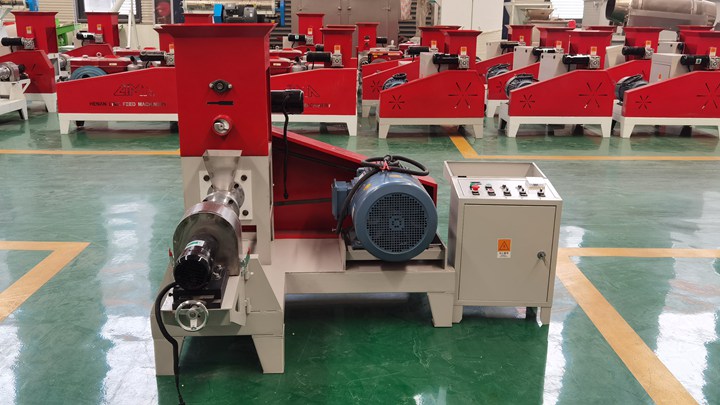
The surface area of pellets fish feed value ranged from 10.57 to 71.13 mm2. The volume of pellets fish feed 4.04 to 79.09 mm3. The weight of 100 pellets value ranged from 0.11 to 5.51 g. The bulk density of pellets of fish feed value ranged from 267.11 to 711.35 kg m-3. The durability of pellets of fish feed value ranged from 70.66 to 92.62%.
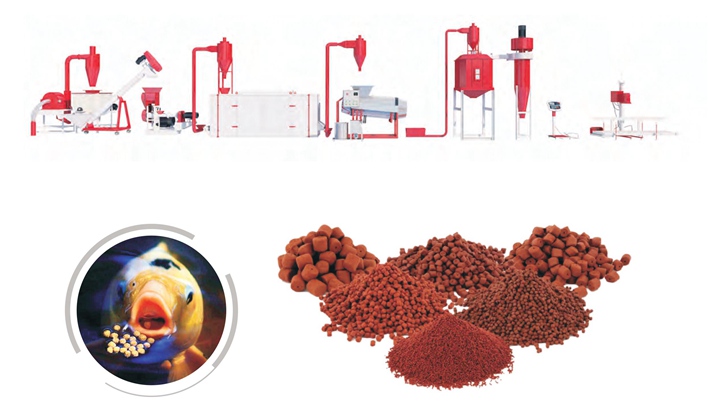
defined as the percentage of pellets surviving the test and retained on the screen (Pfost, 1976). The KSU Tumbler often shows good correlation to the actual quality of pellets delivered to the animal. For example, fines in three different formulations of turkey finisher pellets were measured as the pellets moved to the farm.
.jpg)
Before pelleting (or expansion) components must be conditioned (mixed) with use of steam and water. Conditioning temperature is 80 – 90oC, content of moisture in mixture directly before pelleting is 15-16%, if expander will be used then 18-20%, and if extruder will be used then 25-30%. Fish feed extruder.
.jpg)
The caloric or energy density of a feed is the number of calories that are contained, in relation to the total amount of nutrients, in a feed pellet of specific size or volume. Traditional livestock rations, pet foods, or human diets that are nutrient dense are typically formulated with specific or recommended amounts of nutrients in relation
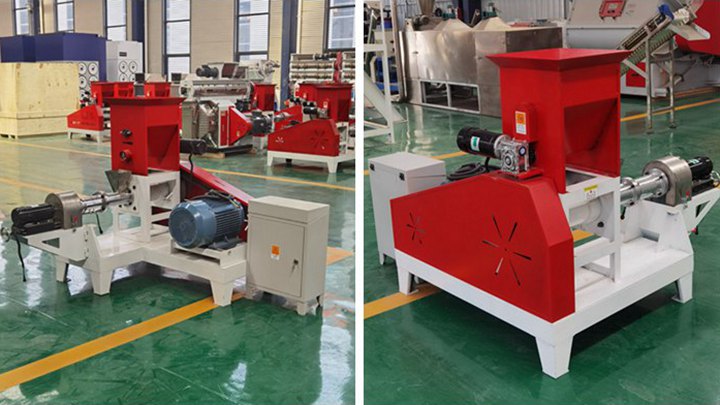
Aug 26, 2019 · The goal of this research was to study the physical quality of fish pellets containing 70% plant-based proteins (CMM, CM and ISP), 10% binders (WGP and GG) and about 20% fish-based protein (vitamin premix, fish oil and fishmeal) for potential rainbow trout feed. By varying the three plant-sourced ingredients and maintaining the fish protein
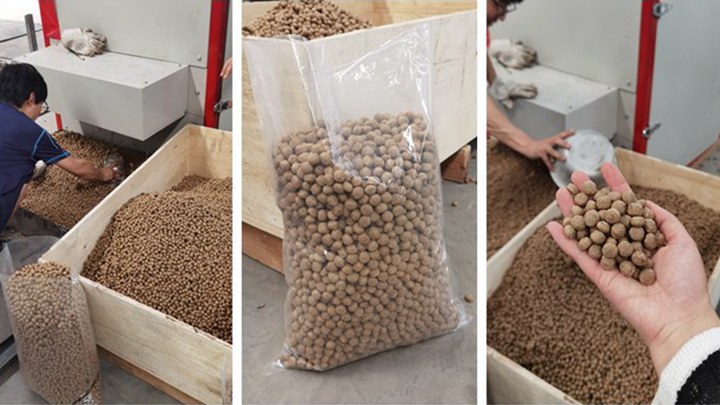
Oct 1, 2001 · As these energy inputs are increased, density will generally decrease. Extrusion moisture. Extrusion moisture is an important process variable for controlling final product characteristics, including bulk density. Extruded product bulk density first decreases and then increases as extrusion moisture decreases. (Fig. 2).
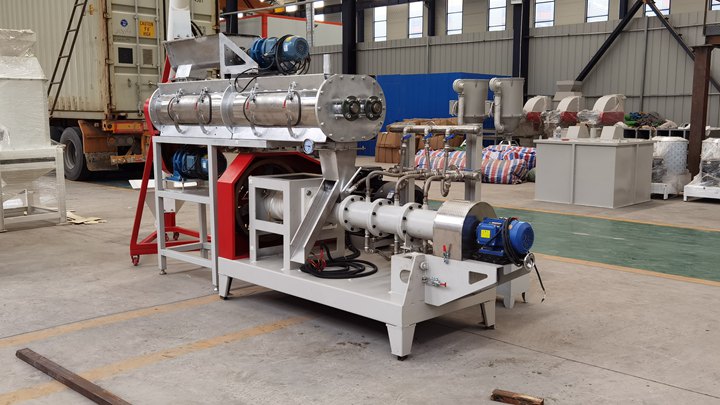
Download scientific diagram | a Pellet bulk density for 500 kg/hr feed rate from publication: Effect of some operating parameters on the performance of a pelleting press | One of the major
.jpg)
Sep 11, 2006 · Since this time Wenger has installed its pelleting technologyworldwide for use withinthe livestock feed industry. The UP/C® (Universal Pellet Cooker) is Wenger'slatest technology forproduction of pellets and pasteurization of mash. In livestock feed processing plants, pelleting has become a primary processingstep to enhance thequality of feed.
.jpg)
Feb 21, 2022 · Polymethylolcarbamide (PMC), gura gum and wheat gluten were evaluated as feed binders in a ring-die (R–D) pellet mill at 0.5, 2.0 and 5.0% levels using a shrimp feed formulation.
Sep 26, 2008 · Farmed salmon convert approximately 1.2 kg of feed into 1 kg of fish. Poultry convert between 3 and 5 kg of feed into 1 kg of flesh. fishmeal is an important ...
.jpg)
Apr 30, 2014 · Kinds of feed pellets for fishDepending on product density we can get food with different properties, which are appropriate for their nourish habits, which are explained below: 1.food floating on
.jpg)
Introduction. Understanding the fish feed extrusion process is crucial for anyone in the aquaculture industry. Whether you’re a manufacturer, supplier, or a fish farm owner, knowing how extrusion works can significantly impact your operations.
.jpg)
Pellets are the perfect feed for rearing fish (Farming) or for actual fishing bait. They provide everything required to sustain healthy fish, and many are suited to a specific breeds' dietary requirement enabling the fish to feed efficiently and grow to their maximum potential. One major benefit of using pellets as feed is that they can be fed straight from the bag and require no prep work.BAF
.jpg)
Aug 1, 2022 · In aquaculture, bulk density is not only adjusted according to the feeding habits of the targeted fish species but also to fish farmers feeding practices (Sørensen, 2012). The quality of pellets was also investigated for the S3–S6 formulations obtained without the preconditioner.